《Global Diabetes Map》
Nearly 10% of adults have diabetes, and half of them go undiagnosed.
One in 13 people have an abnormal glucose tolerance
One in six newborns is affected by hyperglycemia during pregnancy
One person dies every 8 seconds from diabetes and its complications...
--------International Diabetes Federatio
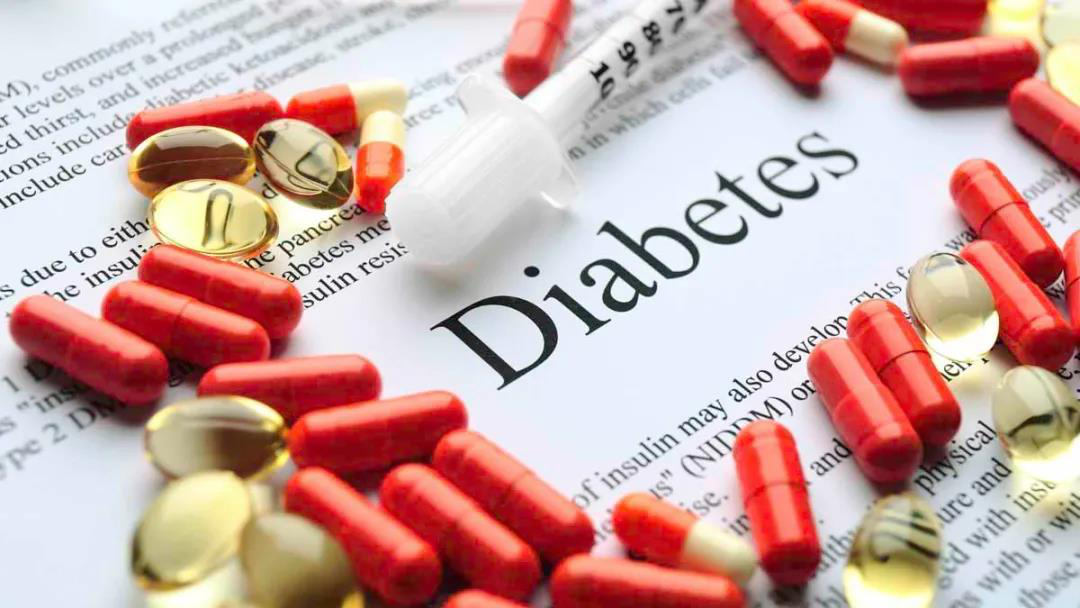
High prevalence of diabetes and high mortality
November 14th is World Diabetes Day. An estimated 463 million people between the ages of 20 and 79 live with diabetes worldwide, the vast majority of them with type 2 Diabetes. This is equivalent to one in 11 adults, according to the IDF's latest Diabetes Atlas, the ninth edition of the International Diabetes Federation.
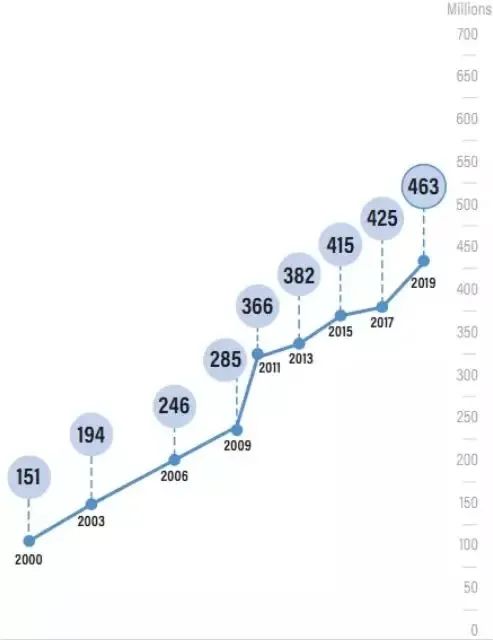
Even more frightening is the fact that 50.1% of the world's adults with diabetes do not know they have it. Due to lack of access to health services, low-income countries have the highest proportion of undiagnosed patients, at 66.8 percent, while high-income countries also have 38.3 percent of undiagnosed patients.
32% of people with diabetes worldwide suffer from cardiovascular disease. More than 80% of end-stage kidney disease is caused by diabetes or hypertension or both. Diabetic foot and lower limb complications affect 40 to 60 million people with diabetes. Approximately 11.3% mortality globally is associated with diabetes. About 46.2% of diabetes-related deaths were among people under 60.

Type 2 diabetes and a high body mass index also increase the risk of many common cancers: including liver, pancreatic, endometrial, colorectal and breast cancers. At present, the conventional treatment for diabetes is mostly individualized therapy with drugs, exercise and proper diet, and there is no cure.
Medical marijuana has 'target' for diabetes
A new study published in the Journal JAMA Internal Medicine shows that marijuana-based drugs are effective in reducing the symptoms in diabetic mice. In the experiment, the incidence of diabetic mice using cannabis decreased from 86% to 30%, and the inflammation of the pancreas was inhibited and delayed, effectively relieving nerve pain. In the experiment, the team found a positive effect of medical marijuana on diabetes:
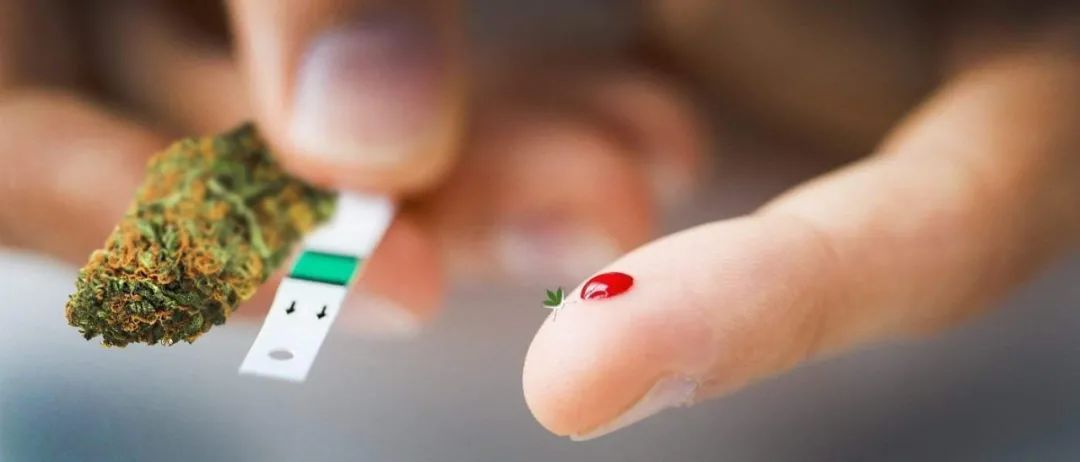
01
# Regulate metabolism #
A slow metabolism means the body cannot process energy effectively, impairs basic functions, including blood sugar management, and leads to obesity. Too much fat in the body reduces the blood cells' sensitivity to insulin, which impairs their ability to absorb sugar, also known as insulin resistance. Studies have shown that patients using medical marijuana have lower insulin resistance and faster metabolism, which promotes "fat browning" and helps white fat cells convert into brown cells that are
metabolized and used as energy during body activity thus promoting whole day
movement and metabolism of cells in the body.
02
# Lower Insulin resistance #
When blood cells become resistant to insulin, they fail to promote the transport of glucose to cell tissues, leading to a build-up of glucose. Medical marijuana has the potential to improve the body's ability to absorb and use insulin efficiently. A 2013 study published in the American Journal of Medicine analyzed 4,657 adults, both men and women, and found that patients who regularly used medical marijuana had a 16 percent reduction in fasting insulin levels and a 16 percent reduction in insulin resistance.
03
# Reduce inflammation of the pancreas #
Chronic inflammation of the pancreas cells is a classic sign of type 1 diabetes, when organs become inflamed, they can barely release insulin. Medical marijuana is effective in reducing inflammation, reducing inflammatory stimuli, and continuous supplementation can reduce the severity of inflammation in the pancreas and help delay the onset of the disease.
04
# Promote blood circulation #
Chronic hypertension is the most common complication of type 1 and type 2 diabetes. Medical marijuana can dilate blood vessels, promote arterial blood flow, better control blood pressure, and prevent high blood pressure.

In 2018, a report was released on the Convention on Biological Diversity, which clearly states that CBD is a natural and safe substance and there is no possibility of abuse. Even at doses as high as 1,500 mg per day, there are no negative effects. So, is medical marijuana safe to treat diabetes? Potential drug interactions need to be considered here. CBD may experience slight dry mouth and appetite fluctuations when interacting with other prescription drugs, but these are generally rare.
What is the recommended dose of CBD for diabetes? The US Food and Drug Administration (FDA) has not given a clear answer to this question, because each person's physical fitness, body weight, age, gender, and metabolism are some of many influence factors. Therefore, the conventional suggestion is that patients with diabetes begin with low dose assessment usage and dose adjustment in time. Most users will not exceed 25 milligrams daily intake of CBD, and under certain conditions, the optimal dose of 100 mg to 400 mg.
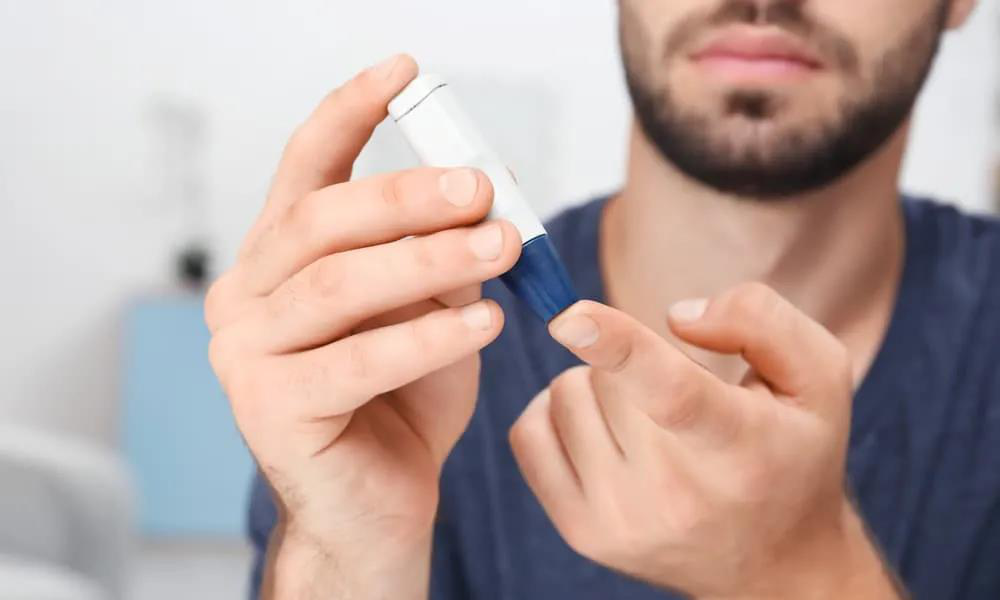
CB2 agonist -caryophyllene BCP is effective in type 2 diabetes
Indian researchers recently published a paper in the European Journal of Pharmacology showing the effect of the CB2 agonist -carbamene BCP on type 2 diabetes. The researchers found that BCP directly activates the CB2 receptor on insulin-producing beta cells in the pancreas, leading to insulin release and regulating the normal functioning of the pancreas. At the same time, BCP activation of CB2 has a positive effect on diabetic complications, such as nephropathy, retinopathy, cardiomyopathy and neuropathy.(* CB2 receptors are major immune modulators of the endocannabinoid system;BCP is a terpene substance found in marijuana and many dark green, leafy vegetables.)
# CBD increases insulin production by activating the orphan receptor GPR55 #
Brazilian researchers from The University of California, Marin, studied the health effects of CBD in an animal model of diabetic ischemia. The researchers induced type 2 diabetes in male mice and found that CBD had a significant positive effect on diabetes by increasing plasma insulin.
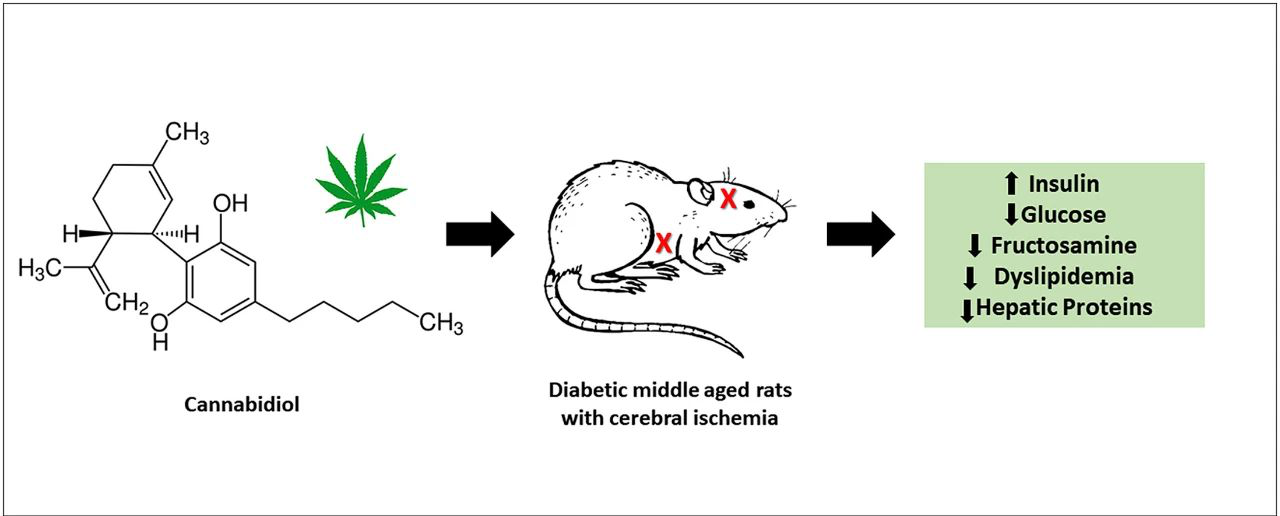
CBD can lower blood sugar in mice with worsening conditions due to oxygen deficiency. The mechanism of action is speculated to be that CBD can increase insulin production by activating the orphan receptor GPR55.However, The ability of CBD to reduce CB1 activity (as a negative allosteric regulator) or its ability to activate the PPAR receptor may also affect insulin release.
Medical marijuana can possibly be used to treat cancer, suppress epileptic seizures, neurology, and muscle cramps, and manage pain. This will drive growth, with the global medical marijuana market expected to reach $148.35 billion by 2026, according to the latest facts. 《Reports and Data》.
Post time: Dec-04-2020

